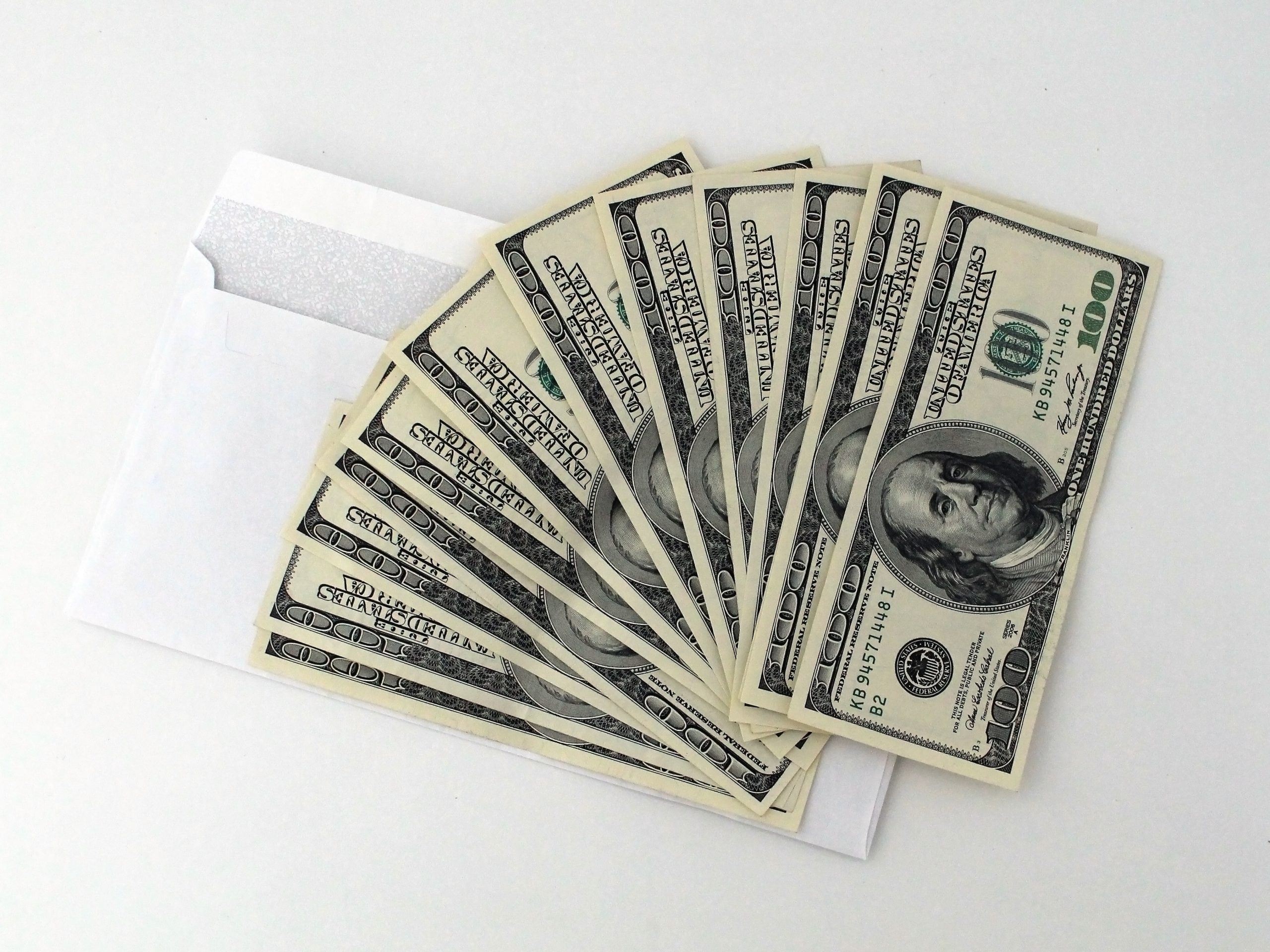
In the second round of PPP loans, the Small Business Administration (SBA) has expanded the uses and eligibility for funds. Applying for this round may be easier for many businesses, especially if you received loans in the first round. However, there are several important things to know about recent SBA clarifications and requirements for receiving funds. If you are trying to apply for and maximize the benefits of the second round of PPP loans, call an experienced lawyer at Sparks Law to answer any questions you may have.
For the first round of PPP loans, recipients had to use 60% of the funds on payroll and no more than 40% on mortgage, rent, utilities, or interest. Now, they have expanded this to include:
The SBA has clarified that insurance costs refers to medical insurance, be it disability, vision, or dental. For the supplier costs, this means any essential cost needed to run your business during this time. Importantly, this includes any necessary PPE items such as face masks, hand sanitizer, or gloves. Operational expenditures are more software-related, including accounting and payroll software.
The easiest thing to do is to apply with the same lender you did the first time. The reason for this is simple: they already have your 2019 figures, so they can use that same info for the second round. As long as your loan was under $150,000, all you need is a one-page attestation that you lost 25% of revenue.
The proof of that 25% is going to be more for those institutions or small businesses that will be receiving over $150,000 in loans. Regardless of your situation, sticking with the same lender should make the process a lot easier.
If you are engaged in any illegal activity, you are probably not going to get a PPP loan. Similarly, if a person who owns 20% or more of your business is currently incarcerated, you will probably not get a loan. If you hire nannies or housekeepers, these people will not count as employees when applying for PPP funds.
This round of loans is meant for business owners, so those who do not own a company or whose company is clearly closed are ineligible. Additionally, you probably will not get a loan if you have ever defaulted on any SBA loan, or if you are currently in default or delinquent. The biggest disqualification for these PPP funds is that those who are in bankruptcy cannot get this second loan.
If you are a part of our program, we send out SBA guidance and clarifications about the PPP loans. As information comes out, we work to interpret it and send you a high-level overview. Joining our program is a great way to stay up to date and gain greater clarity on how to take full advantage of these funds for your business. Call Sparks Law today to learn more about the most recent release of PPP loans and what to expect from future rounds.